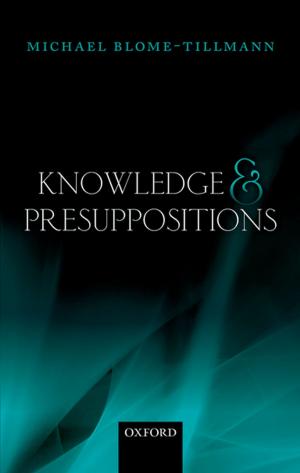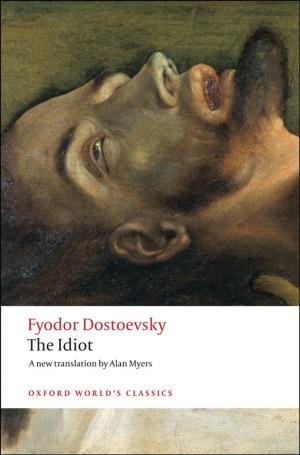Unbelievable Errors
An Error Theory about All Normative Judgements
Nonfiction, Religion & Spirituality, Philosophy, Ethics & Moral Philosophy| Author: | Bart Streumer | ISBN: | 9780191088957 |
| Publisher: | OUP Oxford | Publication: | August 11, 2017 |
| Imprint: | OUP Oxford | Language: | English |
| Author: | Bart Streumer |
| ISBN: | 9780191088957 |
| Publisher: | OUP Oxford |
| Publication: | August 11, 2017 |
| Imprint: | OUP Oxford |
| Language: | English |
Unbelievable Errors defends an error theory about all normative judgements: not just moral judgements, but also judgements about reasons for action, judgements about reasons for belief, and instrumental normative judgements. This theory states that normative judgements are beliefs that ascribe normative properties, but that normative properties do not exist. It therefore entails that all normative judgements are false. Bart Streumer also argues, however, that we cannot believe this error theory. This may seem to be a problem for the theory. But he argues that it makes this error theory more likely to be true, since it undermines objections to the theory and it makes it harder to reject the arguments for the theory. He then sketches how certain other philosophical theories can be defended in a similar way. He concludes that to make philosophical progress, we need to make a sharp distinction between a theory's truth and our ability to believe it.
Unbelievable Errors defends an error theory about all normative judgements: not just moral judgements, but also judgements about reasons for action, judgements about reasons for belief, and instrumental normative judgements. This theory states that normative judgements are beliefs that ascribe normative properties, but that normative properties do not exist. It therefore entails that all normative judgements are false. Bart Streumer also argues, however, that we cannot believe this error theory. This may seem to be a problem for the theory. But he argues that it makes this error theory more likely to be true, since it undermines objections to the theory and it makes it harder to reject the arguments for the theory. He then sketches how certain other philosophical theories can be defended in a similar way. He concludes that to make philosophical progress, we need to make a sharp distinction between a theory's truth and our ability to believe it.















